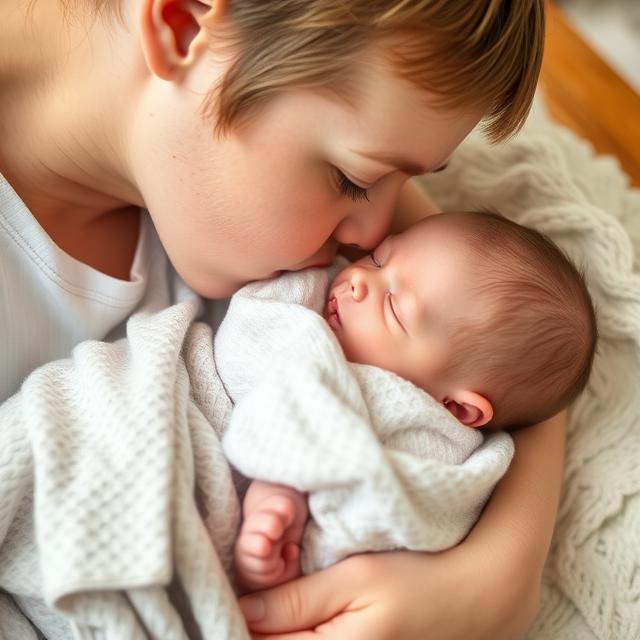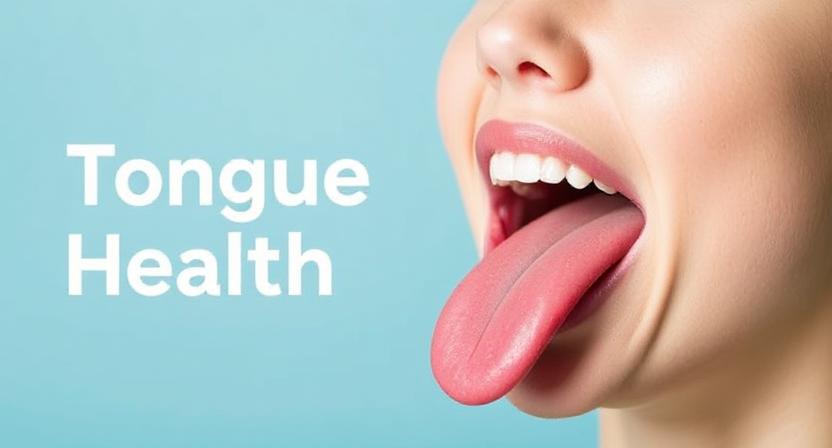Meningitis is a serious infection that causes inflammation of the protective membranes covering the brain and spinal cord. It can affect people of all ages, but newborns and infants are particularly vulnerable. As a result, many new parents worry about the various ways in which their newborns could contract such an infection. One question that often arises is: Can a newborn contract meningitis from a kiss?
This blog aims to answer that question by exploring the potential risks, the types of meningitis, and how to protect your baby from this serious condition.
Understanding Meningitis in Newborns
Meningitis in newborns is a medical emergency and requires immediate treatment. Newborns can contract either bacterial or viral meningitis, both of which can be potentially life-threatening if not treated quickly.
Bacterial meningitis is the more dangerous form, often caused by group B Streptococcus (GBS), Escherichia coli (E. coli), or Neisseria meningitidis. These bacteria can enter the baby’s bloodstream or spinal fluid, leading to infection of the meninges (the protective layers surrounding the brain and spinal cord). Bacterial meningitis can lead to severe complications, including brain damage, hearing loss, or even death if not treated promptly with antibiotics.
On the other hand, viral meningitis is often less severe, though it can still be dangerous, especially for newborns. The viruses that cause viral meningitis include enteroviruses, herpes simplex virus (HSV), and varicella-zoster virus.
Can a Newborn Contract Meningitis from a Kiss?
Now, let’s get back to the question: Can a newborn contract meningitis from a kiss?
The answer is: Yes, it is possible, but the risk is relatively low.
Newborns are born with an immature immune system, which makes them more vulnerable to infections. Their bodies haven’t yet developed the ability to fight off many viruses and bacteria effectively, making it easier for them to become sick.
When it comes to meningitis, the most likely way for a newborn to contract the infection from a kiss would be if the person kissing the baby is carrying bacteria or viruses that can cause meningitis. This is particularly true in cases of herpes simplex virus (HSV), which can cause neonatal herpes, a serious infection that can lead to viral meningitis.
HSV and Meningitis: HSV can be transmitted through direct contact with sores or infected saliva. If someone with an active herpes infection (even if they don’t have visible sores) kisses a newborn, there’s a risk that the virus could be passed on. HSV can lead to severe infections in newborns, including meningitis, and can be life-threatening.
Group B Streptococcus (GBS): While GBS is more commonly transmitted during childbirth, there is a remote risk that a newborn could be exposed to bacteria from close contact. However, GBS transmission is more likely during delivery when the baby passes through the birth canal, rather than from casual contact like a kiss.
How Meningitis Is Spread to Newborns
While kissing could potentially be a mode of transmission for some viruses, it’s not the primary way meningitis is passed on. The most common ways that newborns contract meningitis include:
- During Birth: If the mother carries bacteria like GBS, the newborn could become infected during delivery.
- Close Contact with Sick Individuals: If someone has a viral or bacterial infection and comes into close contact with the baby, the risk of transmission increases. This includes kissing, but also other forms of close contact like sneezing or coughing.
- Hospital or Health Care Settings: Babies in neonatal units or those undergoing medical treatment may be exposed to harmful bacteria or viruses in hospital settings.
It’s important to note that newborns should avoid contact with anyone who is sick, has cold sores, or is showing signs of infection, as their immune systems are not yet developed to fight off such pathogens.
Preventing Meningitis in Newborns
As a parent, it’s natural to want to protect your newborn from harmful infections like meningitis. Here are some practical steps to reduce the risk:
- Avoid Kissing the Baby If You’re Sick: If you have a cold sore, flu, or any other infectious illness, avoid kissing your newborn. Even if you don’t have visible symptoms, avoid close contact to reduce the risk of transmission.
- Practice Proper Hygiene: Wash your hands regularly before handling the baby, especially after using the bathroom, coughing, or sneezing. This simple habit can prevent the spread of bacteria and viruses.
- Limit Contact with Sick Individuals: Keep visitors who are feeling unwell away from the baby. It’s important for your newborn to avoid unnecessary exposure to germs, particularly in the early months.
- Get Vaccinated: Make sure to follow the recommended vaccination schedule for your baby. Vaccines like the Haemophilus influenzae type b (Hib) and pneumococcal vaccines can help protect against some types of bacterial meningitis.
- Prenatal Care: If you’re pregnant, it’s important to attend all prenatal appointments. Infections like group B Streptococcus can be detected and treated before delivery, reducing the risk of transmission during childbirth.
Signs of Meningitis in Newborns
Meningitis in newborns can be difficult to detect, as babies cannot verbally communicate their symptoms. However, some common signs to look out for include:
- High fever
- Poor feeding
- Constant crying or irritability
- Difficulty waking up or staying awake
- Stiff neck or body
- Bulging fontanel (the soft spot on a baby’s head)
- Seizures
If you notice any of these symptoms, seek immediate medical attention. Visit Top Health Coach For more info.
FAQs
Q1: Can I kiss my newborn on the cheek? It’s generally safe to kiss your baby on the cheek, but you should avoid kissing your baby on the mouth if you have cold sores or any sign of illness. Always ensure you are in good health before engaging in close contact with your newborn.
Q2: How can I tell if my newborn has meningitis? Look for symptoms like fever, irritability, poor feeding, and trouble staying awake. If your baby shows signs of lethargy, stiff neck, or a bulging fontanel, get medical help immediately.
Q3: Can I prevent meningitis in my newborn? Yes, you can reduce the risk by practicing good hygiene, ensuring vaccinations are up to date, and avoiding exposure to sick individuals, especially during the early months of life.
Q4: What are the treatments for newborn meningitis? Treatment depends on the cause of the meningitis. Bacterial meningitis requires immediate intravenous antibiotics, while viral meningitis is generally managed with supportive care. The earlier the treatment begins, the better the chances for a full recovery.
In conclusion, while the risk of contracting meningitis from a kiss is low, it’s still important to take precautions, especially if you or someone close to your newborn is ill. By practicing good hygiene, limiting exposure to sick individuals, and seeking prompt medical attention if any symptoms of meningitis appear, you can help keep your baby safe from this dangerous infection.




